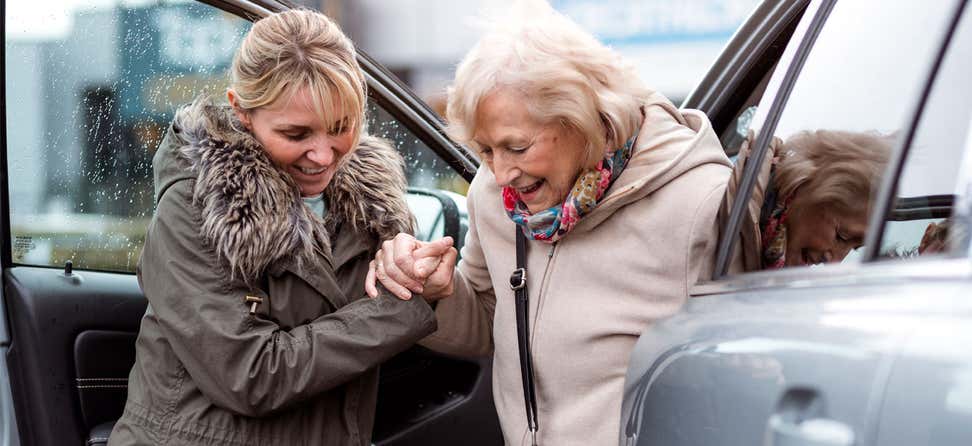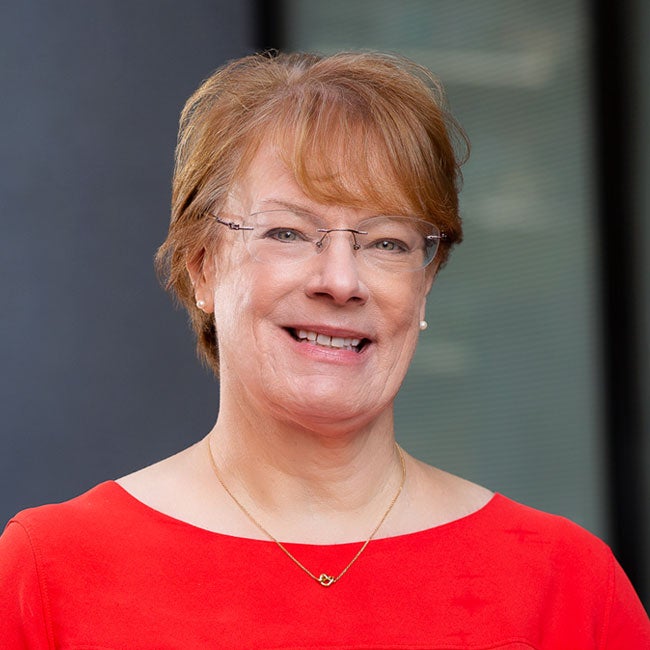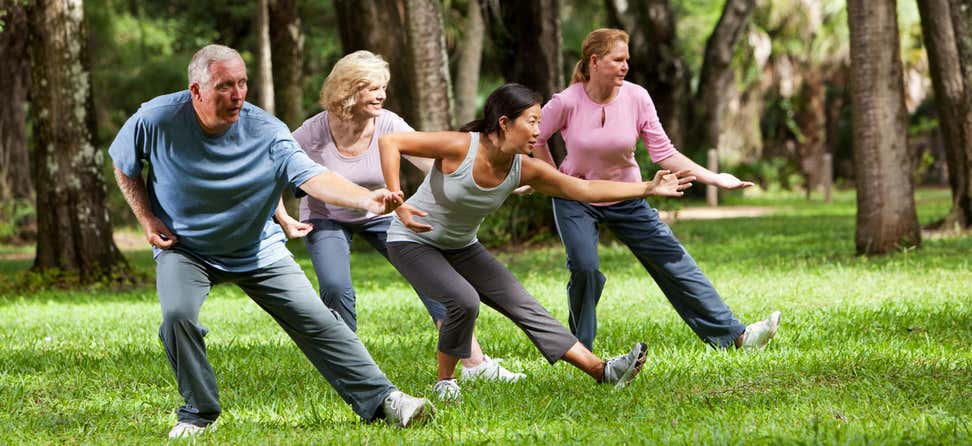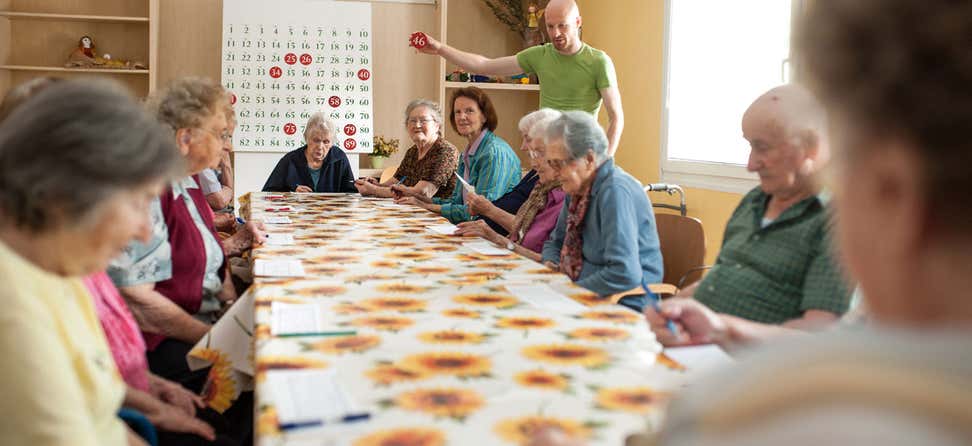Key Takeaways
One in four Americans aged 65+ falls every year. Being common, however, doesn’t make falling a normal part of aging.
We know what contributes to falls, which means they can be prevented. That’s why NCOA leads a national observance of Falls Prevention Awareness Week each year on the first day of fall.
For 2019, we focused on the importance of relying on teamwork to protect your health and independence.
Let's Get to Know Your Team
From medication and vision impairment to poor lighting and chronic conditions, the factors to watch for are numerous. That’s why having a team to help spot and address fall risks is so helpful. Your falls prevention team should include:
- family and friends
- an occupational therapist (OT)
- your primary care physician (PCP)
- a pharmacist
Each of them brings a unique mix of expertise and familiarity that can provide important protections against falling. Our newest video offers an engaging look at the value of teamwork.
Your Family and Friends
You know them, you trust them, and they are happy to help. Family and friends provide some extra hands or another set of eyes to check and rid your home of falls hazards. The next time they come over to visit or help around the house, ask them to take a little extra time helping you find common fall hazards. This checklist shows you what to look for. Family and friends can also join you during doctor visits and help ask questions and gather information about prevention falls.
Your Occupational Therapist (OT)
Whether you’re already working with an OT or not, they are a vital part of any falls prevention team. They can ensure your assistive devices fit your needs and assess our home to identify modifications that can prevent falls. During Falls Prevention Awareness Day a few years ago, we toured a real home with Scott Trudeau, PhD, OTR/L from the American Occupational Therapy Association. The video we made is a wonderful example of how teamwork can prevent falls.
Your Primary Care Physician
Primary care physicians are often best positioned to work with patients on falls prevention and get the process started because they see patients regularly. Your PCP knows your medical history, can recommend evidence-based programs designed to reduce fall risk, spot hidden injuries resulting from a fall, and evaluate side-effects of medications that may increase your risk of falling.
Be proactive about addressing falls when you visit your doctor. Even if your appointment was made for something else, sharing information is always important. Tell your doctor if you’ve fallen recently, feel unsteady on your feet or are worried about falling. A good PCP wants to build trust and be accurate so you stay healthy.
Your Pharmacist
Most older adults take some kind of medication or supplement each day. The effects of these things on our risk of falling isn’t usually something we think about when we’re trying to get over a cold or manage disease like high blood pressure or arthritis. That’s why pharmacists are an important part of any falls prevention team. When you pick up your medications, use the opportunity to get counseled about any side effects you’re experiencing, and any changes in the medications you’re taking. Last year, we filmed our Falls Prevention Awareness Day video in a pharmacy, focusing on the role of medications in falls. Take a look here.
Ready to Build Your Falls Prevention Team?
As you start to pull together those who will help you protect your health and independence, you can always turn to organizations like ours for information. Falls Prevention Awareness Week only happens once a year, but we are constantly creating new resources for older adults, caregivers, and professionals to use whenever you need.
Falls Prevention Awareness Week is made possible in part by Centene Corporation and the U.S. Administration for Community Living.










